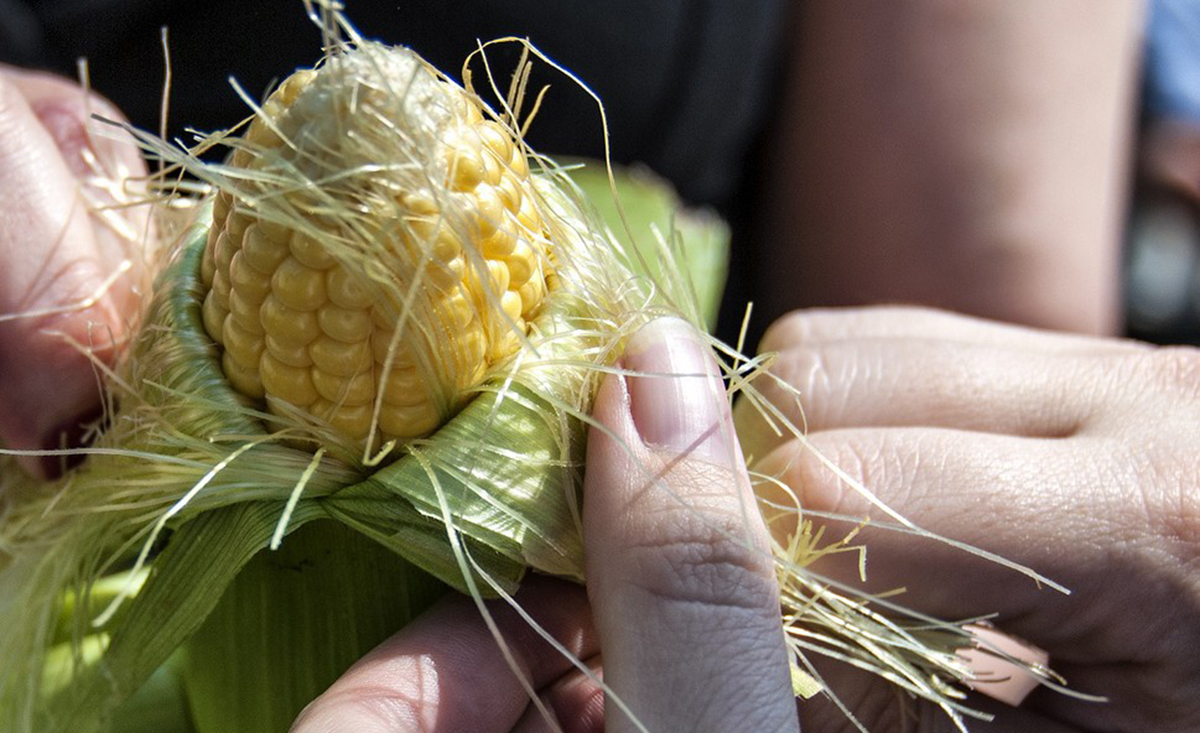Table of Contents
One of the most sounded cases of GMOs is the one of corn. An American biotechnology company that produces and commercializes genetically modified GMOs has been producing GM corn for years now, and according to studies conducted by them, this product complies with the appropriate health and environmental safety regulations for it to be consumed by humans without any toxicity risk.

Concerns about GM corn toxicity
In 2007, a French research group reported the results of experiments that they performed to evaluate the toxicity of GM corn in the health of male and female rats. They found that the consumption of GM corn caused slight effects on the growth of these animals, as well as signs of toxicity in the liver and the kidneys.
Of course, these results raised a great concern regarding GMOs, because they suggested that biotechnological companies, as well as governments, could be hiding data showing a certain risk in the consumption of GMOs, so that they could be commercialized despite this information.
To settle the matter, independent research groups ran the same experiments to evaluate the risks of GM corn consumption.
Nobody has been able to exclude possible toxic effects regarding the genetic manipulation though, since available results are not enough to draw a conclusion. More over, there are also research groups that claim that GM corn is as safe as non-GM corn, of course based on results from experiments that have been performed in animals fed with the GM product.
Despite this, several research groups continue expressing their concerns regarding the experimental analysis that biotechnological companies use to establish if their products are dangerous to human health and to the environment. They argue that their experimental approach might not be the correct one to determine if their products are safe or not.
Other issues regarding GMOs
GMOs have several advantages.
See Also: GMO Cells: A Revolutionary HIV Treatment
In conclusion, both the advantages and disadvantages of the production and consumption of GM products still have to be carefully evaluated, case-by-case, since it is impossible to assess all the GMOs under the same terms. The risk assessment strategies should be revised to ensure that they efficiently evaluate toxicity effects in a short and long term consumption scheme.
The economical implications of GMOs production also require the same attention as the assessment of their safety. However, we don’t have to discard this technology, since it can bring several benefits to our current society.
- DOMINGO, J. L. & GINE BORDONABA, J. 2011. A literature review on the safety assessment of genetically modified plants. Environ Int, 37, 734-42. GODFRAY, H. C., BEDDINGTON, J. R., CRUTE, I. R., HADDAD, L., LAWRENCE, D., MUIR, J. F., PRETTY, J., ROBINSON, S., THOMAS, S. M. & TOULMIN, C. 2010. Food security: the challenge of feeding 9 billion people. Science, 327, 812-8.
- Photo by shutterstock.com
- Photo courtesy of Seth Anderson by Flickr : www.flickr.com/photos/swanksalot/7715087270


Your thoughts on this